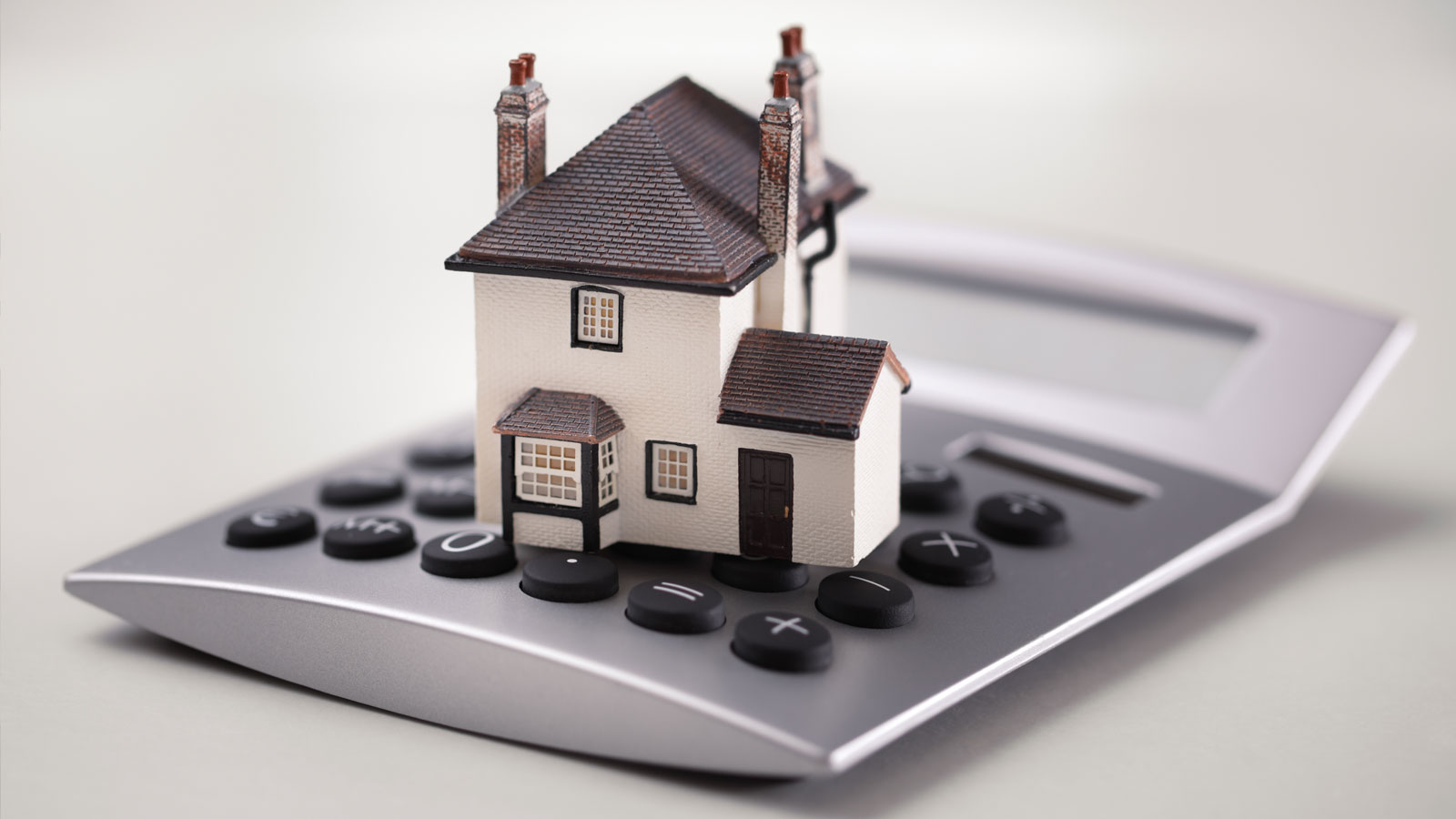Home Equity Loans Explained

Have you ever wondered what a Home Equity Loan is and how it works? I will explain in this article the different types and how they work.
A home equity loan is basically a second mortgage on your home. It lets you convert the portion of your home that you own, your equity, into lump sum cash that you can use for major purchases like renovations, college or debt consolidation. You use this equity portion of your home as collateral to the lender. So, let's say for example your home could sell today for $500,000. You owe a balance of $275,000. Your equity would then be $225,000. Your lender will actually order an appraisal and decide your final numbers for you, but this gives you a rough idea. The loan is fixed, meaning that you pay the same amount every month over a period between 5-15 years.
There are also loans called HELOC's. These loans are a bit different in that they act as a line of credit that you can draw on as needed. The lender will usually cap the draw period to 5-10 years and then add a repayment period of 10-25 years. During your draw period you will make interest payments on your loan. During the repayment period, you must pay back your loan and will no longer be able to use the line of credit. These lines of credit have a variable rate and can fluctuate a lot during your loan.
There are many other factors that will be considered when applying for a loan. Your credit score will be taken into consideration as well as your Loan to Value ratio. So for example: in the example we opened with, a home with a $500,000 market value and a mortgage balance of $275,000 would have a loan to value ratio of 55%. If you added a $75,000 home equity loan, the total of the mortgages against the property would be $350,000, and the CLTV would be 70%. Most lenders cap that at 80%. 
If you are considering applying for a Home Equity Loan, contact several lenders to check fees for things like:
- Application and loan processing fees.
- Title search to verify any debts secured by your home.
- Loan origination fees (these usually range between 0.5% and 2% of the amount you borrow).
- Broker fees if you work with a broker to find the best loan instead of approaching a lender directly.
- Document preparation fees.
- Attorney fees.
- Points, which are a percentage of the loan amount, and used to “buy down” your interest rate, generally used with home equity loans, not HELOCs.
Whichever way you decide to go, make sure that it is a sound decision for you and your future.
To find a lender near you, contact Dawn LoPresto at 585-794-6887. To see all the available homes in your area, click here.






